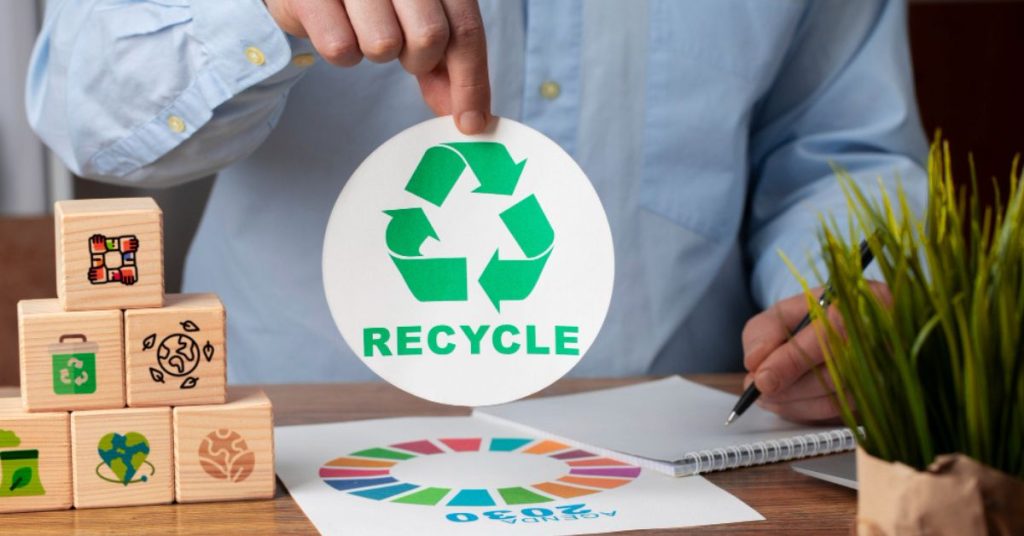As our world becomes more digitally connected, the production and disposal of electronic products continue to increase. This is harmful to both the environment as well as poses a risk to people’s health. To deal with this issue, governments around the world have implemented Extended Producer Responsibility (EPR) programs for e-waste management.
What is Extended Producer Responsibility or EPR?
EPR is an approach that puts the responsibility for managing a product’s lifecycle on the manufacturers, producers, bulk consumers & importers. From production to disposal, the manufacturer, producer, bulk consumer & importer is responsible for making sure their products are environmentally sustainable and easy to recycle or dispose off.
E-waste is becoming a bigger and bigger issue as we are increasingly producing and discarding electronic devices. That’s where EPR comes in for e-waste management. It motivates manufacturers, producers, bulk consumers & importers to create products that are environmentally friendly and easier to recycle or repurpose and manage them after the consumers are done with their use. It also ensures that manufacturers, producers, bulk consumers & importers pay for the collection, transportation, and treatment of their products once they’re discarded by consumers.
Some of the ways this is implemented are:
> Take back programs where the producer takes back the product after its use. They incentivise the consumer for return.
> Designing the product in a way that is easy to dispose/recycle
> Paying for the collection and management of the eWaste.
Why is EPR for e-waste important?
Firstly, it reduces the environmental impact of e-waste. When manufacturers, producers, bulk consumers & importers are responsible for their products’ end-of-life management, it ensures that e-waste is disposed of responsibly, and not just dumped in a landfill.
Traditionally, the responsibility for managing e-waste fell on municipalities and consumers which is often inefficient and costly, as municipalities struggle to keep up with the increasing volume of e-waste and consumers may not have the necessary resources or knowledge to dispose of e-waste in a sustainable manner. EPR shifts this responsibility on the producers. This shift of responsibility upstream takes the load off municipalities and consumers and increases efficiency.
But EPR isn’t just good for the environment. It’s also good for taxpayers. By shifting the cost of managing e-waste from taxpayers and governments to manufacturers, producers, bulk consumers & importers, EPR programs save taxpayers money.
Finally, EPR for e-waste promotes a circular economy. When e-waste is recycled, valuable resources can be extracted from it and reused to produce new products.
At NAMO, we’re all about sustainable e-waste management. We help companies and manufacturers dispose of their eWaste responsibly and according to the government policies and legal requirements. We also provide EPR registrations to the manufacturers. Our team works closely with businesses to understand their recycling goals and help them achieve it.
We conduct awareness programmes to educate businesses and individuals about the importance of responsible e-waste management. We believe that raising awareness is critical in promoting sustainable practices, and we are committed to empower everyone to make a positive impact on the environment.
In short, NAMO is your one-stop solution for all your e-waste management needs. From EPR registrations to meeting your goals, we have the expertise and resources to help businesses operate in a sustainable and responsible manner.
So next time you are in the market for a new electronic device, remember to look for products that are designed with the environment in mind. And if you are ready to dispose of an old device, make sure to do it responsibly by recycling it with NAMO. Together, let’s reduce e-waste and create a more sustainable future.


